Last Updated on August 5, 2021

Christopher Nolan‘s Bat-trilogy has been the source of much controversy amongst fans, from the varying choices made that set it apart from the former films, to the “realistic” setting and controversial ending. The folks over at Film Comment sat down with Nolan to discuss the trilogy in detail, bringing out some sought-after answers and compelling bits on the director’s vision for the character of Bruce Wayne/Batman and then the series as a trilogy. He goes in depth about the thematic elements, the key element that intrigues him about villains, Christian Bale‘s screentest and the controversial ending to the final chapter.
Check out the highlights below:

Nolan on reboots and his Richard-Donner-SUPERMAN inspired origin take for BATMAN BEGINS:
It’s a sign of how quickly things change in the movie business, but there was no such thing conceptually as a “reboot.” That idea didn’t exist when I came to look at Batman. That’s new terminology. Warner Bros. owned this wonderful character, and didn’t know what to do with it. It had sort of reached a dead end with its previous iteration. I got excited about the idea of filling in this interesting gap—no one had ever told the origin story of Batman. And so even though Tim Burton’s film had done a definitive version of the character, it was a very idiosyncratic Tim Burton vision.
I had in mind a sort of treatment of Batman that Richard Donner might have done in the late Seventies the way he did Superman. To me what that represented was firstly a detailed telling of the origin story, which wasn’t even really definitively addressed in the comics over the years, funnily enough. And secondly, tonally I was looking for an interpretation of that character that presented an extraordinary figure in an ordinary world. So I wanted the inhabitants of Gotham to view Batman as being as outlandish and extraordinary as we do.
Nolan on the “realistic” nature of his trilogy:
The term “realism” is often confusing and used sort of arbitrarily. I suppose “relatable” is the word I would use. I wanted a world that was realistically portrayed, in that even though outlandish events may be taking place, and this extraordinary figure may be walking around these streets, the streets would have the same weight and validity of the streets in any other action movie.

Nolan on his “honest” villains:
With my co-writers David Goyer and my brother [Jonathan Nolan], we decided early on that the greatest villains in movies, the people who most get under our skin, are the people who speak the truth. So with Ra’s Al Ghul, we wanted everything he said to be true in some way. So, he’s looking at the world from a very honest perspective that he truly believes. And we applied the same thing to The Joker and Bane in the third one. Everything they say is sincere. And in terms of their ideology, it’s really about ends justifying means.
Nolan on the metaphorical tones of Ra’s Al Ghul, The Joker, and Bane:
Class warfare but also in a militaristic, dictatorial approach. If you look at the three of them, Ra’s Al Ghul is almost a religious figure, The Joker is the anti-religious figure, the anti-structure anarchist. And then Bane comes in as a military dictator. And military dictators can be ideologically based, they can be religiously based, or a combination thereof.

Nolan on the casting of Christian Bale as Batman/Bruce Wayne:
Christian was actually the first actor I met for the role. But given the stakes, the studio was always going to need me to put together a group of actors to be screen-tested. And we got the old costume out and shot the tests and Christian just owned it in a way that was very close to the conception that we were putting together in the script. In terms of the potential for rage that this character has, the axe that this character is carrying with him, he was able to project that very well in his test and have that underlie not only Batman but also Bruce Wayne the playboy. There’s a darkness that the character has been infused with by tragedy at an early age, and it’s the engine that drives everything that he does.
Nolan on the moment he realized Batman’s story could continue past BATMAN BEGINS:
I think it was in the months after the first film was released. At the end of Batman Begins, when he turns the Joker card over, I found myself wondering, “Okay, who would that antagonist be?” seen through the prism of Batman Begins. I wanted to see how we could translate The Joker into that world. That was the jumping-off point. And the nature of The Joker’s antagonism was so utterly different to what happened in Batman Begins and was so different to Batman’s relationship with Gotham in particular. So The Dark Knight is very much a story about a city, a sort of crime drama, whereas Batman Begins is more of an adventure story. So it actually felt like a different genre, and then you know that you’re not retreading what you’ve done, you’re expanding it.

Nolan on the controversial ending of THE DARK KNIGHT RISES:
For me, The Dark Knight Rises is specifically and definitely the end of the Batman story as I wanted to tell it, and the open-ended nature of the film is simply a very important thematic idea that we wanted to get into the movie, which is that Batman is a symbol. He can be anybody, and that was very important to us. Not every Batman fan will necessarily agree with that interpretation of the philosophy of the character, but for me it all comes back to the scene between Bruce Wayne and Alfred in the private jet in Batman Begins, where the only way that I could find to make a credible characterization of a guy transforming himself into Batman is if it was as a necessary symbol, and he saw himself as a catalyst for change and therefore it was a temporary process, maybe a five-year plan that would be enforced for symbolically encouraging the good of Gotham to take back their city. To me, for that mission to succeed, it has to end, so this is the ending for me, and as I say, the open-ended elements are all to do with the thematic idea that Batman was not important as a man, he’s more than that. He’s a symbol, and the symbol lives on.
Click here to see the full article, which is chock full of more interesting bits from Nolan.
THE DARK KNIGHT RISES and THE DARK KNIGHT TRILOGY hits blu-ray/DVD on December 4, 2012. Preorder here!







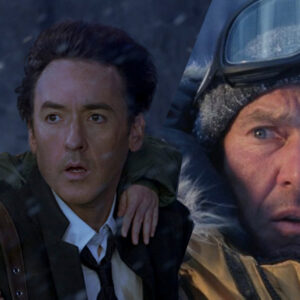
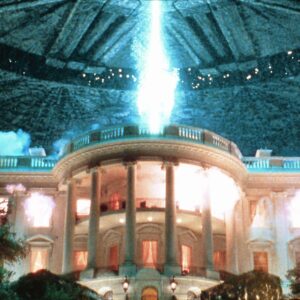
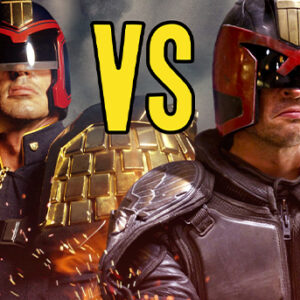
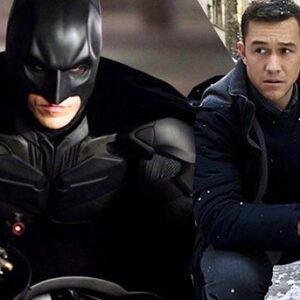

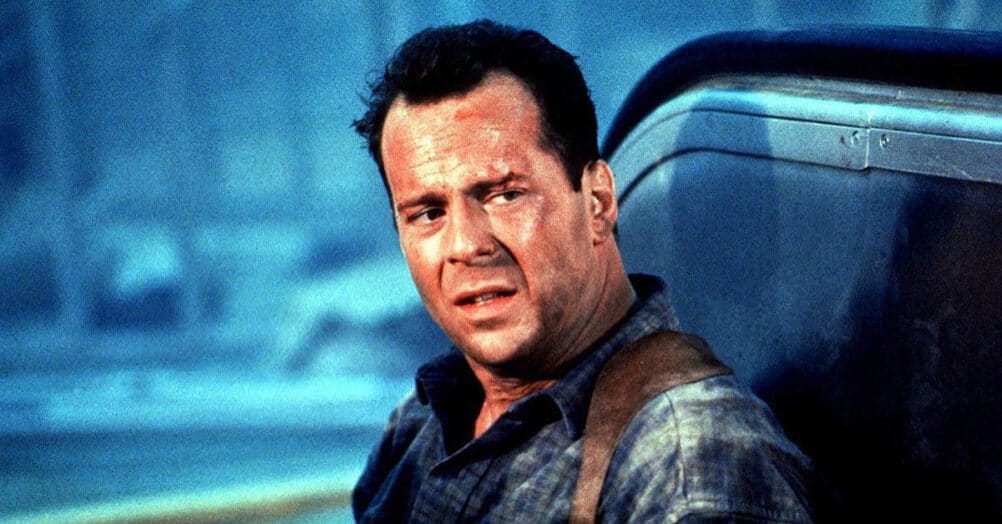




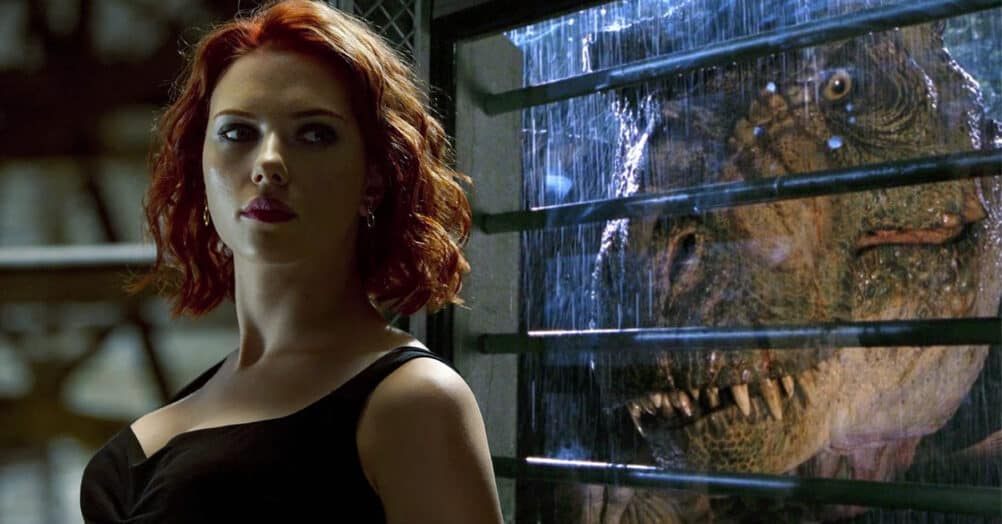



Follow the JOBLO MOVIE NETWORK
Follow us on YOUTUBE
Follow ARROW IN THE HEAD
Follow AITH on YOUTUBE